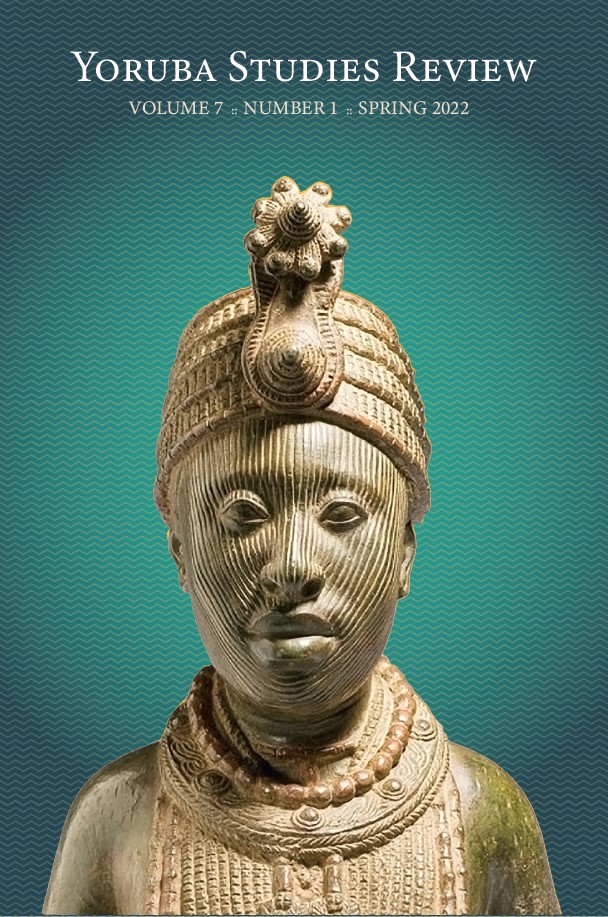Abstract
Re-performance, the way works of arts are translated into another language with distinct rules and principles yet preserving the aesthetics and values of the original texts, is a major aesthetic resource used by writers to establish their perspectives on translation. Jacobson’s school of descriptive translation is the theoretical framework for this review essay. The dataset include Adébáyọ Fálétí’s Basọrun Gáà, Ọládẹjọ Òkédìjí’s Àjà Ló lerù, and Akínwùmí Ìsọlá’s Ó Le Kú. This is designed to investigate level of re-performance through linguistic equivalence and socio-cultural thematic preservation. The translation of these works from the indigenous Yoruba language to the English language, in no small measure increases its appeal yet preserving its contextual essence and values. It featured prominently the use of structural simple sentences, functional declarative and interrogative sentences. Proverbs, witty sayings, eulogy and figures of speech which were translated to have a contextual equivalence with the original texts.

This work is licensed under a Creative Commons Attribution-NonCommercial 4.0 International License.
Copyright (c) 2022 Titilope Oluwaseun Oriola
